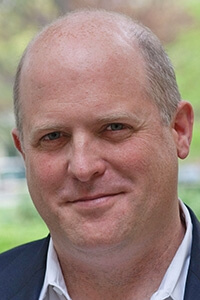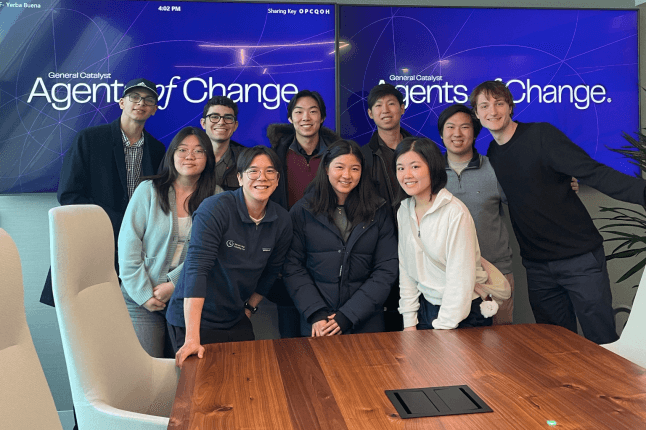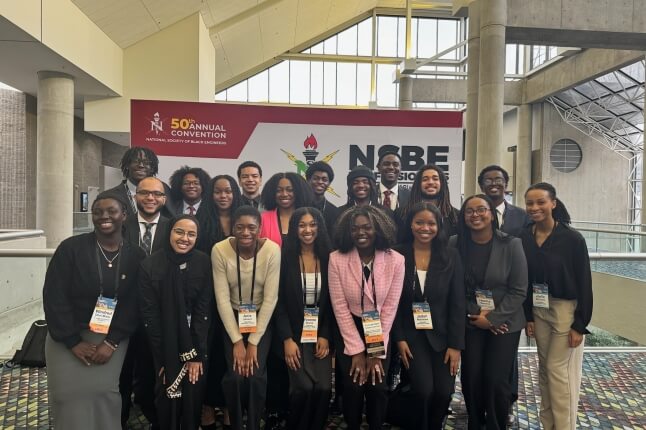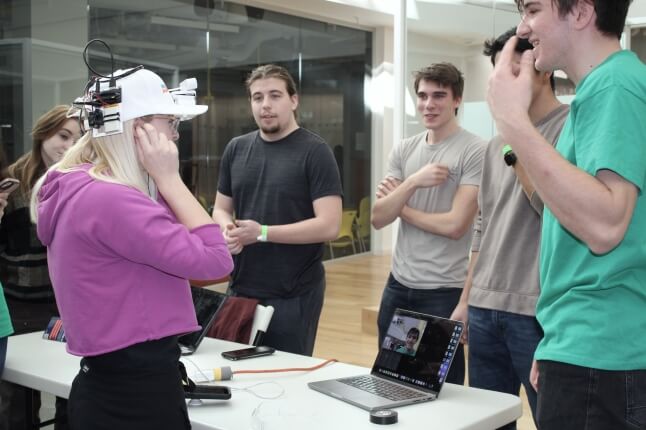News
Trash file
Video games are serious business. Consumers in the U.S. spent more than $43 billion on gaming hardware and software in 2018 alone, according to market research firm NPD Group.
Building off that almost insatiable interest in gaming, an undergraduate student organization at the Harvard John A. Paulson School of Engineering and Applied Sciences gives students the opportunity to create their own video games.
Founded five years ago, the Harvard Gamedevs brings together students of different concentrations to collaborate on video game projects that are as diverse as the club’s members.
“Gaming is obviously huge with our generation, but young people don’t always get the chance to try game development,” said club president Kendall Zhu, A.B. ’20, a computer science concentrator. “We are bringing people together to work on projects that involve computer science, music, art, animation, and writing. This is something really valuable and unique, because not many other activities bring together so many different elements.”

This is a screenshot from a bullet-hell (projectile dodging) action game by freshman Alex Bimm, with a minimalist art style. (Image courtesy of the Harvard GameDevs)
Complexity is at the core of game development, whether a player is battling zombies in a dystopian universe or solving a crossword puzzle.
For each project, a sub-team of students works together to flesh out the concept, which often originates as nothing more than a vague notion. Sometimes, a game begins with a story, or a unique idea for game mechanics, or simply a drawing of a character that looks cool, Zhu said.
Drawing is what drew freshman Shelby Elder to the club. An avid illustrator since high school, Elder jumped at the chance to conceive and create video game characters.
“The biggest challenge we’ve had so far is working the characters into the plot,” she said. “We were making characters based on what looked cool or what seemed fun without thinking about how they would fit into the actual game. So you can get carried away with doing concept art, without thinking about what the actual game is going to be.”
Elder is also collaborating with team members on a game of her own. Toxicity is a role-playing game where players build their own weapons to fight enemies that were created from a science project gone wrong. While much of plot and character design are done, she still faces many challenges with the actual coding.
As developers branch out, they inevitably adjust their ideas as they encounter different challenges. The best way to avoid catastrophic problems is to focus on communication between team members, said Jeongmin Lee, A.B. ’19, a chemistry concentrator.
Lee, a past-president of the club, joined as a freshman with no experience in gaming or video game development. He was interested in composing music for a larger project. Now, he leads development of a detective game with a story that takes the player through a series of humorous gaffes.

This screen shot is from a story-based detective platformer filled with music and humor, by senior Jeongmin Lee, which uses a flat art style.. (Image courtesy of the Harvard GameDevs)
Through his work in the club, Lee has picked up other skills along the way, and even took a few computer science classes after his interest was piqued.
“We are all here to learn,” he said. “Not everyone in the club is a coder, not everyone is an artist. But we can certainly get inspired by each other and learn from each other.”
Club members took full advantage of opportunities for inspiration and education by participating in the Made in Massachusetts showcase during PAX East, an annual gaming festival.
Being able to network with other indie-game developers, while helping to play-test games and getting firsthand feedback on a few of their projects was a great experience for members, Zhu said.
It’s the kind of thing Zhu wants the club to do more of in the future. In addition to bringing in speakers from industry to share tips and insights, he hopes the Harvard Gamedevs can continue to branch out, working with other student organizations to expand their membership.
“It can be intimidating to try something when you know you are not going to be able to build the game of your dreams the first time,” he said. “The end product might not be the greatest thing ever, but the process, the collaboration, and the opportunity to learn from others are still very valuable.”
Topics: Student Organizations
Cutting-edge science delivered direct to your inbox.
Join the Harvard SEAS mailing list.
Press Contact
Adam Zewe | 617-496-5878 | azewe@seas.harvard.edu



